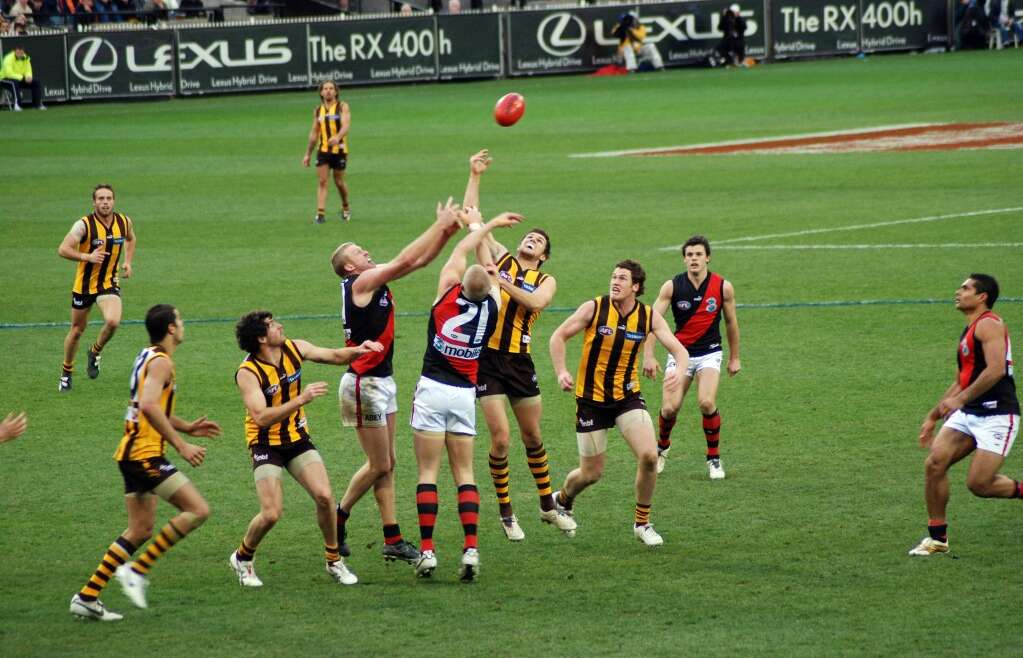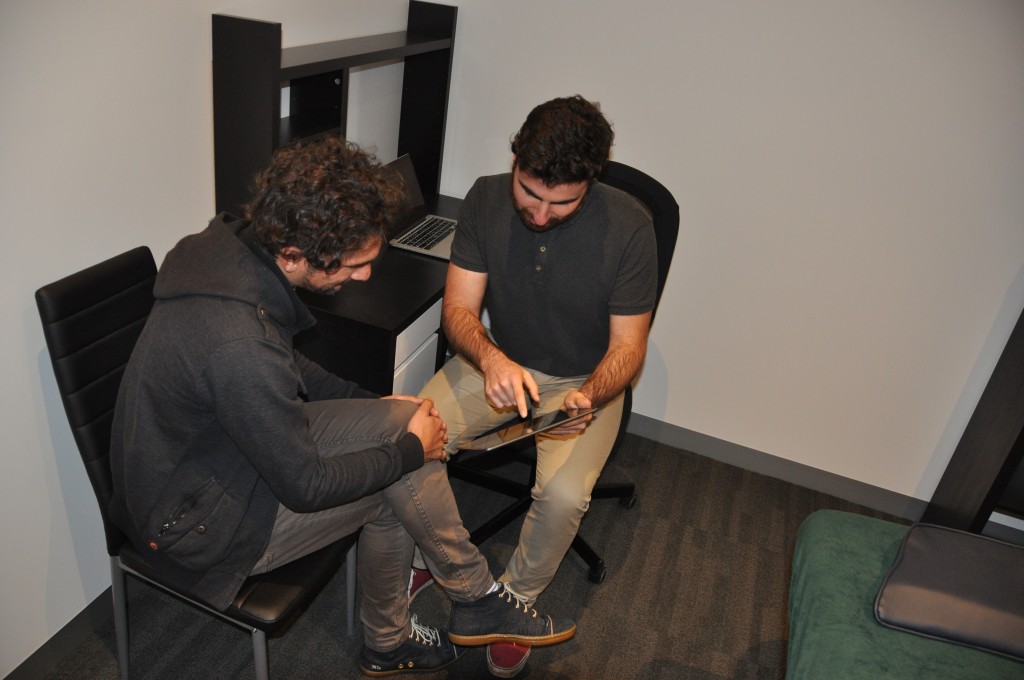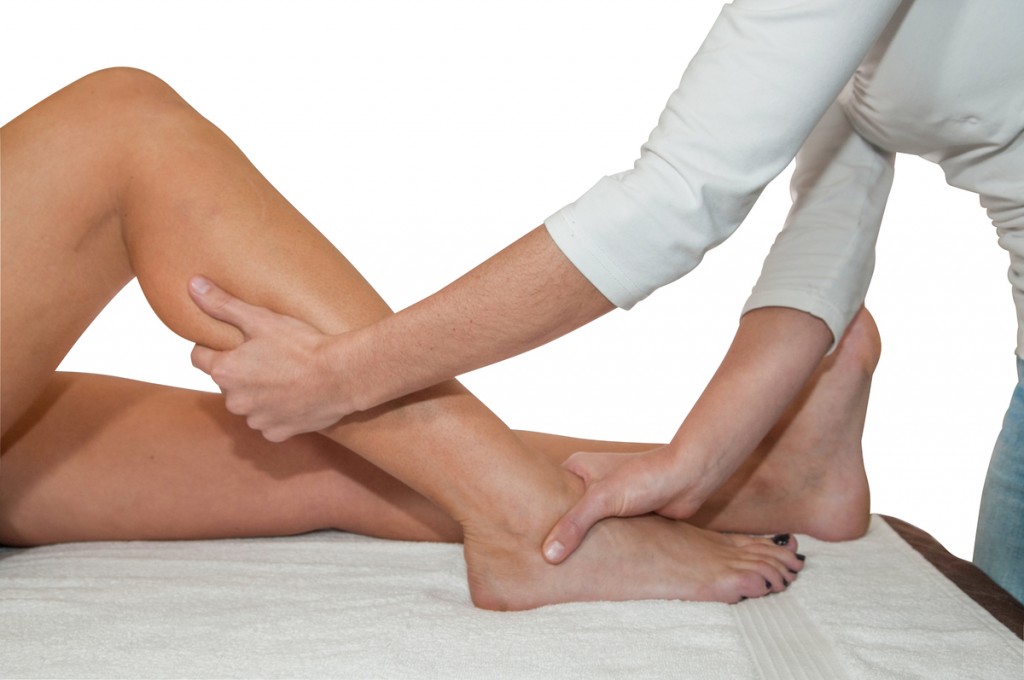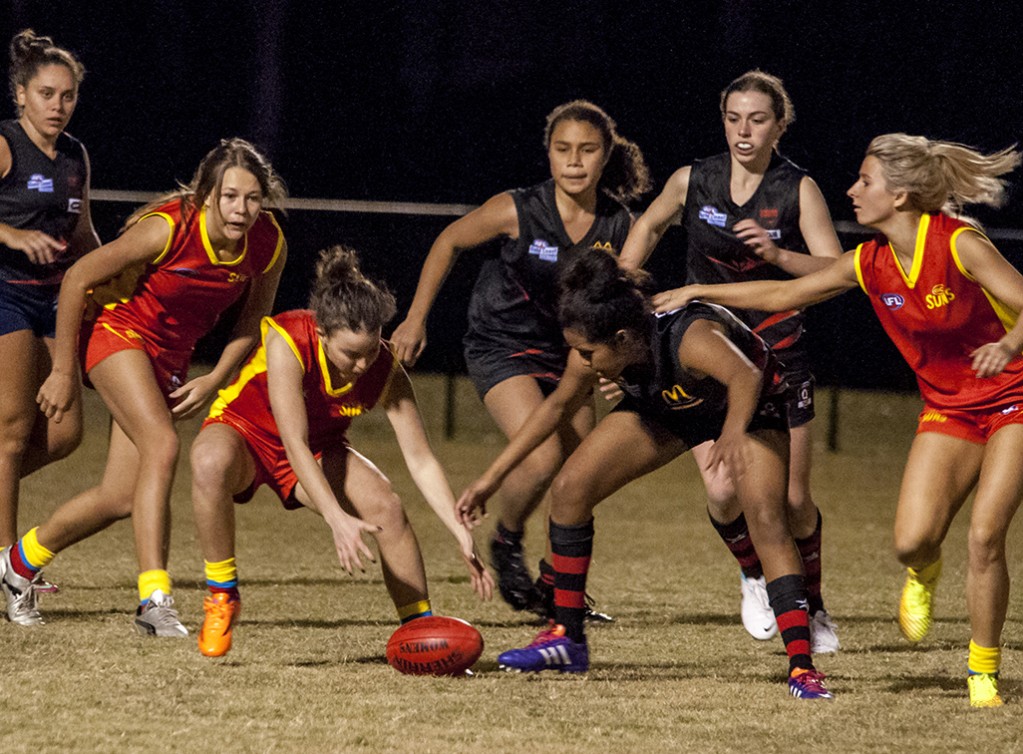With the AFL season fast approaching, what better time to talk about how an Osteopath at the Melbourne Osteopathy Sports Injury Centre can assess, treat, manage, rehabilitate and advise an Australian Rules football athlete. In addition, we will also take a look at how training emphasis and structure can change throughout the season.
The Osteopathic Consult
History
The history is the first and probably most important part of the consultation. This part involves the Osteopath asking the athlete questions related to their presenting symptoms. The history allows the Osteopath to develop a good understanding of all the individual factors related to the athletes presenting symptoms. In many cases, a good history will give the Osteopath a strong idea of the diagnosis before they even start examining.
Examination
The examination consists of general and specific Osteopathic and Orthopaedic testing to see how your body moves generally, and what movements both cause and contribute to your symptoms. At the Competitive Sports Clinic, if an Osteopath thinks your symptoms may be related to your running, or other exercise technique they will also screen that in their examination.
Treatment
The Osteopath will normally start applying treatment techniques directly after the examination. There are many different treatment techniques Osteopaths can use, both hands-on and hands-off. They are all mostly designed to decrease your symptoms and/or increase your range of motion. Common techniques that an Osteopath can use are: massage, passive and active stretching, joint mobilisation and articulation, high-velocity, low-amplitude (manipulation/cracking) and active articulations.
Aftercare and Advice
This is where your Osteopath will explain ways of improving your symptoms outside the treatment room. This may consist of things such as anti-inflammatory advice, training modifications, postural advice and taping.
Exercise Rehabilitation/Training Advice
Exercise Rehabilitation allows your Osteopath to formulate a personalised exercise program to help with your symptoms. In many cases, proper exercise rehabilitation is needed to best manage and resolve your symptoms. At the Competitive Sports Clinic, our Osteopaths are also qualified strength and conditioning coaches so they are able to give an athlete training advice. Proper training advice and planning is crucial for an athlete, as it is one of the main factors that will help prevent injury in the first place! Let’s take a look at how training advice and emphasis would change at different stages in the season.
Post/Off-Season (Transition Phase) Training Emphasis (2-4 Months):
– Get some well deserved rest!
– Treat injuries and ailments through treatment and exercise rehabilitation
– Maintaining basic strength and fitness requirements
Pre-Season (Preparation Phase) Training Emphasis (3-4 Months):
– Improve Strength
– Improve Speed and Agility
– Improve endurance running capacity
– Develop and Implement team tactics
-For more information, check our article on how to get the most out of your pre season football program.
In- Season (Competition Phase) Training Emphasis (5-6 Months):
– Recovery, recovery, recovery!
– Recovery is most important during the competition phase so that athletes can perform at their best on game day.
– Improve and modify team tactics
– Maintain and slightly improve strength, speed and aerobic fitness
– Monitor for signs of overtraining and injury
I hope this article has given you a good insight into how an Osteopath at the Competitive Sports Clinic can help an Australian Rules football athlete. By analysing and assessing aspects of the athlete’s physical health, and then implementing structured training plans, the athlete will know they have the best possible chance of increasing their performance and decreasing their chance of injury.
About the Author:
Dr. Nicholas Tripodi is a Co-director and Osteopath at the Essendon Osteopathy Clinic located in the Essendon District. Nicholas has particular interests in sports injuries, exercise rehabilitation and running and cycling analysis.





